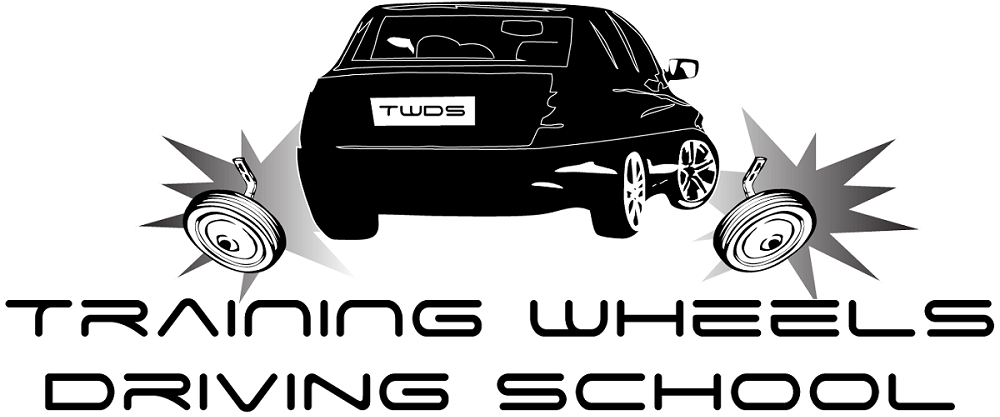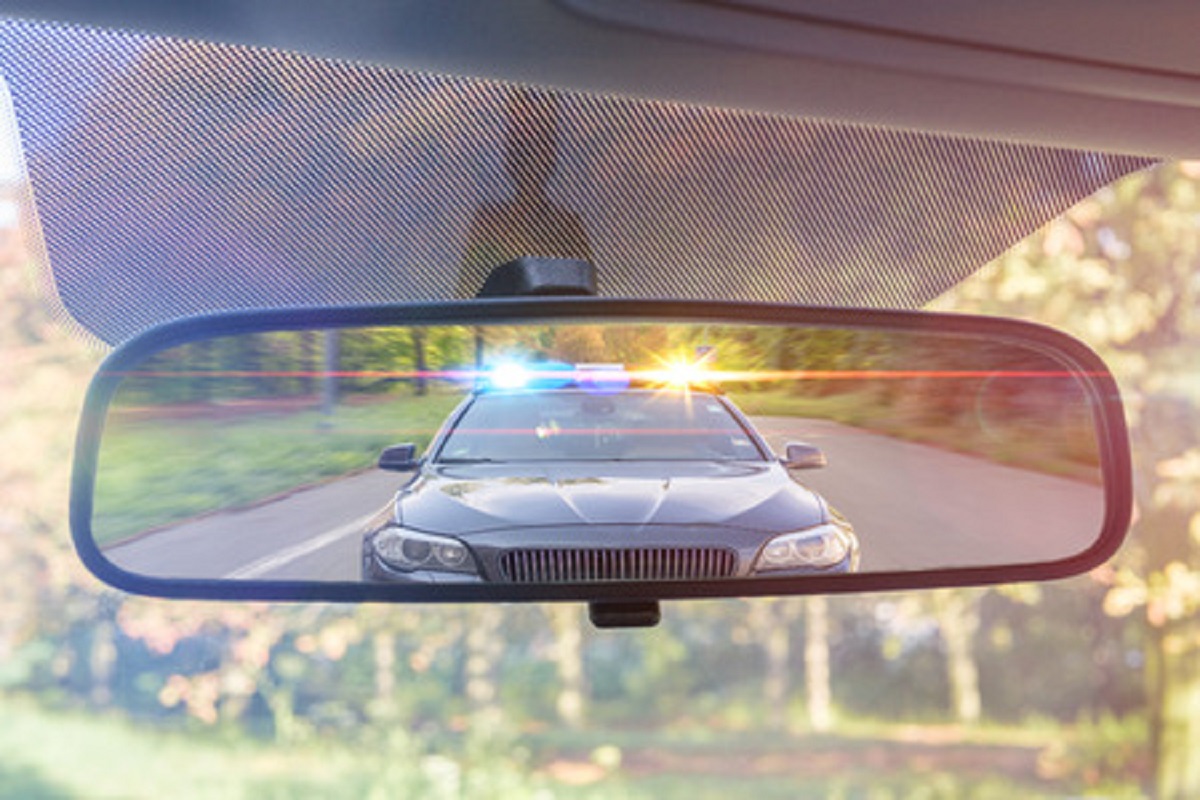When drivers are caught by law enforcement actively ignoring both the rules of the road and the safety of others, they could see themselves facing a reckless driving charge. Even if an act of reckless driving—also called dangerous driving or careless driving—does not result in property damage or an accident, it’s possible to still be charged and convicted of this crime. Every state differs on the various details inherent in this charge, but there are some commonalities among the consequences drivers could face if convicted. To avoid being charged with reckless driving, drivers should learn the following information and lock it in permanently.
Standard Reckless Driving Violations
Depending on the state in which the offense took place, the violations that could result in a reckless driving charge may vary considerably, but they generally include the following:
- Speeding excessively at dangerous velocities.
- Risking pedestrians or other drivers by running stop signs or red lights.
- Driving under the influence (drivers could face charges for both DUI and reckless driving).
- Deliberately failing to yield right-of-way to pedestrians or other vehicles.
- Evading police or other law enforcement.
- Racing other drivers.
- Passing stopped school buses.
- Texting while driving, which some states categorize as reckless driving only when others become endangered.
- Passing on two-lane highways over double solid lines.
Penalties of Reckless Driving
A conviction for reckless driving can lead to serious penalties for offending drivers. While some states do qualify reckless driving as a misdemeanor in some cases, the charge will remain on the driver’s criminal record regardless if it is deemed a felony or misdemeanor. Several common penalties drivers could face upon conviction include the following:
- Fines of hundreds or even thousands of dollars.
- Time in jail, depending on whether it’s a felony or misdemeanor charge.
- License suspension (other traffic violations or suspensions may affect length or even result in a revocation).
- Driving record points, with a conviction carrying the maximum demerit points.
- Raised insurance premiums.
- Loss of employment for those whose occupation depends on their ability to drive.
- Security clearance denial for members of the military or other government employees.
Drivers who follow up with subsequent offenses will face more severe punishments each time.
Traffic School
Depending on the specifics of the offense as well as the court’s decision, participating in traffic school—also called defensive driving courses—may help offset driving record points and possibly reduce raised insurance premiums. While reckless driving charges can make drivers ineligible for traffic school, some states may allow a charge to be lessened to careless driving, thereby allowing drivers to participate. However, traffic school could be mandatory without any point dismissal.
Eligibility will vary between states, but drivers can generally participate in traffic school if they meet some or all the following criteria:
- Possess a driver’s license that’s been neither suspended nor revoked.
- Weren’t driving using a commercial driver’s license (CDL).
- Commit a moving citation that doesn’t result in a felony or misdemeanor charge.
Violations that could result in a driver’s ineligibility for traffic school include DUI, excessive speeding, reckless driving that resulted in property damage or injury, and hit-and-runs.
Think you or someone you know is in need of Behind the Wheel Training? Training Wheels is an Atlantic City driving school specializing in teaching new teen drivers how to stay safe on the road. For more information on our lessons, please click here.
Copyright: vchalup / 123RF Stock Photo

